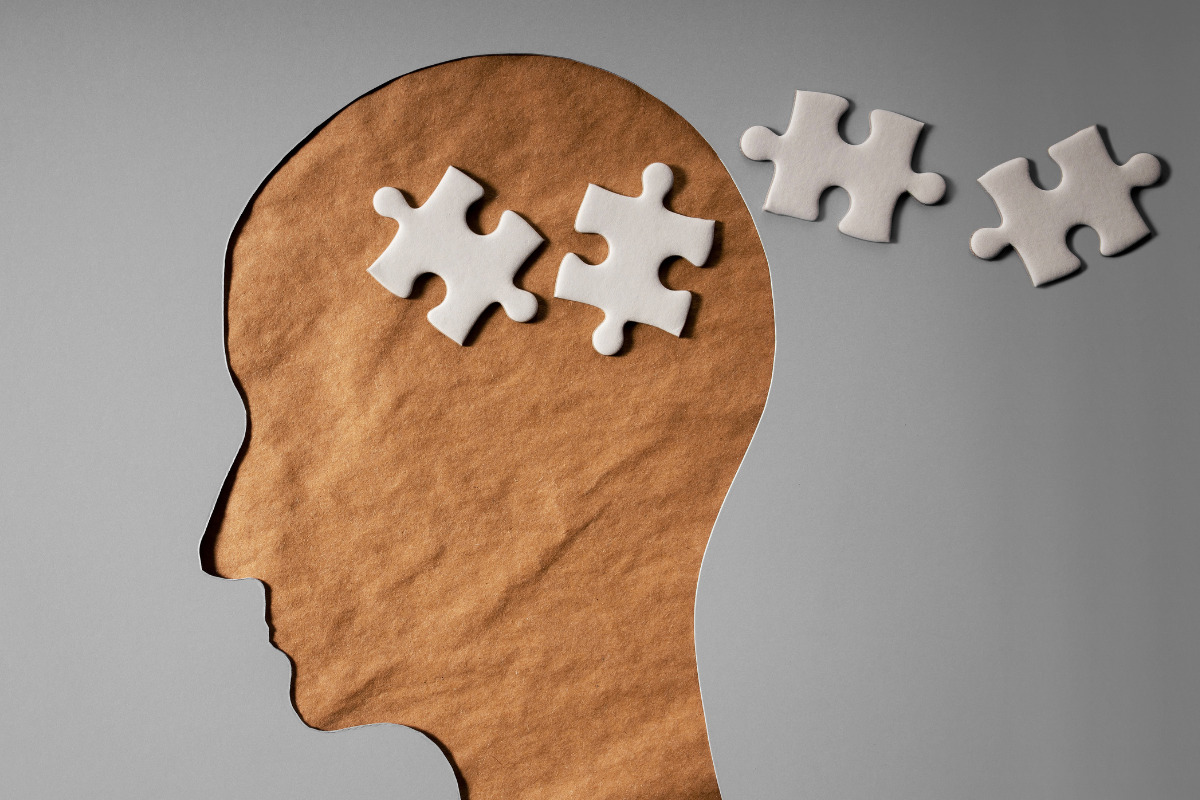Managing Menopause-Related Brain Fog

You wake up ready to start your day, but your mind feels hazy as you struggle to gather your thoughts and make your mental to-do list. Focusing on one thing at a time feels like a monumental challenge. Brain fog, characterized by temporary lapses in memory, difficulty concentrating, and mental cloudiness, can be a frustrating and concerning symptom of menopause for many people.
Hormonal Changes and Brain Fog
Menopause-related brain fog is primarily caused by hormonal fluctuations, particularly the decline in estrogen levels. Other factors common in midlife such as sleep disturbance, stress, and lifestyle changes can contribute to the severity of this mental sluggishness.
While declining estrogen levels appear to be a major cause of brain fog around menopause, there are major gaps in research about whether menopausal hormone therapy (MHT) or other hormonal medications can help alleviate brain fog.
While it may be disconcerting, menopause-related brain fog is usually temporary and does not necessarily indicate a long-term decline in cognitive abilities.
Lifestyle Changes to Improve Brain Fog
The same foundation of healthy lifestyle habits that improve most menopause symptoms can also help you alleviate brain fog.
Prioritize Sleep
Establish a consistent sleep routine with habits and an environment that facilitates rest. Many women struggle with disturbed sleep around menopause due to night sweats and other menopause-related symptoms. Address these contributors to reclaim a good night’s sleep.
Regular Exercise
Research shows that among its many benefits, exercise is a powerful intervention for improving cognitive function and mental clarity. It even appears to protect against cognitive decline later in life. Experts agree that the best results for your health come from a regular routine including both cardiovascular and strength training. Try to reach at least moderate intensity levels—working hard is a key part of the formula.
Stress Management
Chronic stress and anxiety only add to difficulties in focusing and staying mentally clear. While stress is a normal part of life, learning and regularly practicing coping skills will help you buffer its effect on your body and mind. Consider a daily mindfulness practice like paced breathing or meditation. Prioritize time for activities that bring you joy and connect you to people you care about. Get outside and get your heart rate up for a regular dose of feel-good hormones.
Mental Stimulation
Keep your mind active by challenging yourself with puzzles, reading, learning new skills, or engaging in mentally stimulating activities that you enjoy. This can help improve cognitive function and alleviate brain fog.
Healthy Diet
Maintain a balanced and nutritious diet that includes whole foods, fruits, vegetables, lean proteins, and healthy fats. Reducing added sugar in your diet can improve many menopause symptoms, including brain fog. Proper nutrition supports brain health and can contribute to mental clarity.
Rest and Relaxation
While you may be used to working hard and staying focused for long periods of time, menopause may mean that you need to pace yourself and allow your brain to rest occasionally. This may involve practicing mindfulness, taking mental breaks with a short walk during the work day, or otherwise allowing your mind to relax and be ready for your next challenges.
As you navigate menopause, it’s common to be frustrated by brain fog. By prioritizing a healthy routine and embracing this phase with self-compassion and patience, you can make it through this challenging phase.
Looking for more expert support during menopause, including guidance on stress management, nutrition and exercise to support your cognitive functioning? Download the Midday menopause app from the App Store or visit us at Midday.Health.
Sign up for more unique women’s health content
By submitting this form, you agree to the Lisa Health Privacy Policy and Terms of Use


